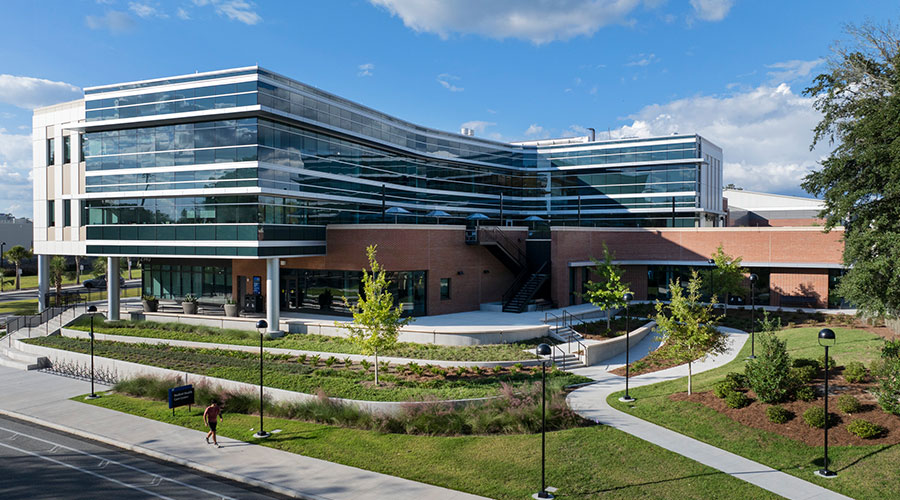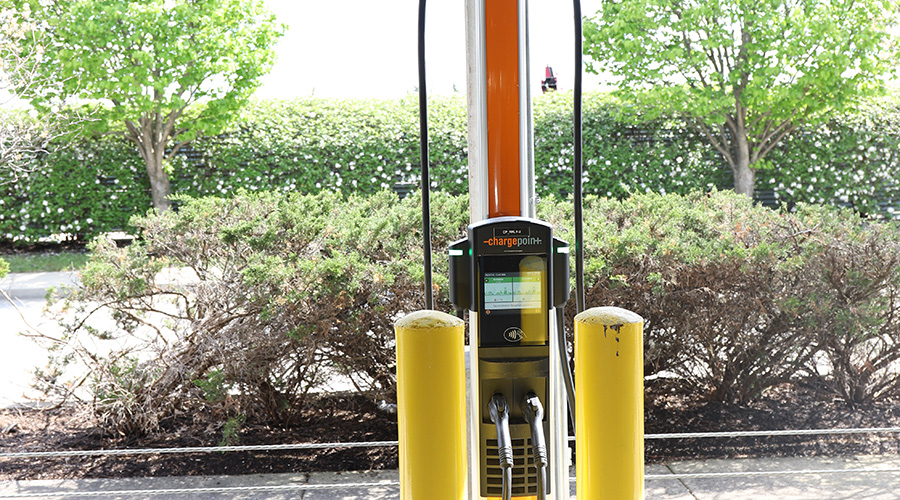Nature of the Job
 It’s easy to see why the facility executive is often called a generalist. From the roof one day to the building automation system the next, from carpets to chillers, productivity to energy costs, the facility executive has a dizzying range of responsibilities.
It’s easy to see why the facility executive is often called a generalist. From the roof one day to the building automation system the next, from carpets to chillers, productivity to energy costs, the facility executive has a dizzying range of responsibilities.
But generalist isn’t the right term. A generalist can be content to know a little about a lot of areas. The facility executive has to know a good deal about a lot of areas, but not all at the same time. The facility executive is really a specialist — a serial specialist, moving from one area to the next.
That’s considerably more complicated than being either a straightforward generalist or a pure specialist. A generalist might be able to delegate all the details to a third party; a specialist might have the time to keep up by reading and attending conferences. But neither of those approaches will work for a serial specialist like the facility executive.
The facility executive needs a network of true specialists — plus a solid base of knowledge in each specialty. Err on the side of the generalist and the facility executive risks being a rubber stamp for specialist decisions that may not be in the best interest of the organization. Trying to be a specialist doesn’t help: The facility executive will have time to master only a few areas, and may wind up knowing less than the generalist about all the other areas of facility management responsibility, to say nothing of the big picture of organizational needs.
It’s a tightrope, to be sure. But it’s the only way to do the job at hand: making the best decisions for the organization about the full range of facility issues.
Related Topics:








 It’s easy to see why the facility executive is often called a generalist. From the roof one day to the building automation system the next, from carpets to chillers, productivity to energy costs, the facility executive has a dizzying range of responsibilities.
It’s easy to see why the facility executive is often called a generalist. From the roof one day to the building automation system the next, from carpets to chillers, productivity to energy costs, the facility executive has a dizzying range of responsibilities.



